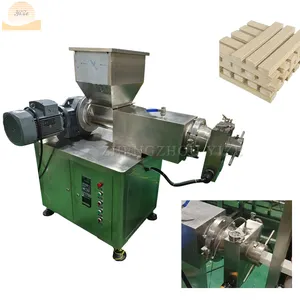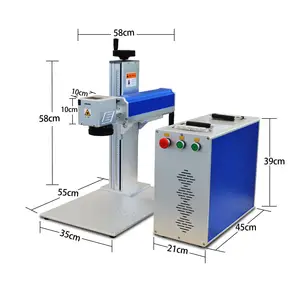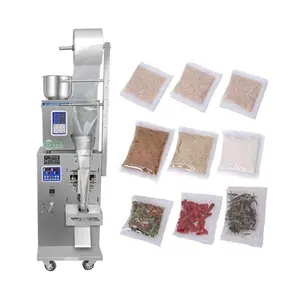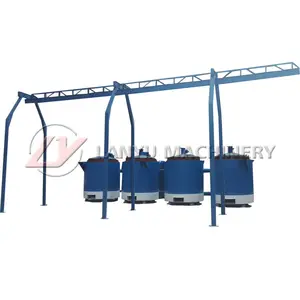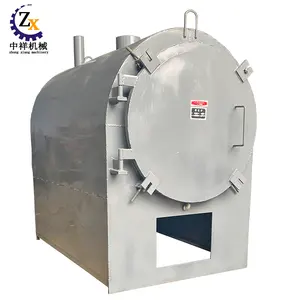Popular in your industry







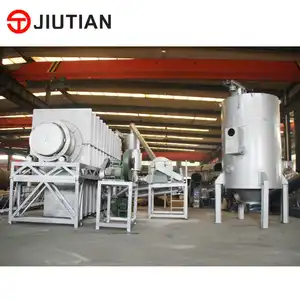


































































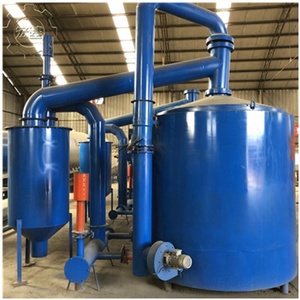




































































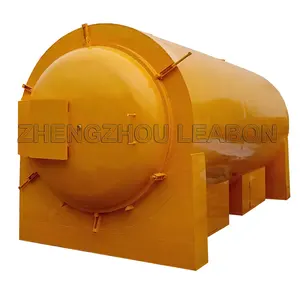

















Top categories
About biochar products
Exploring the Versatility of Biochar Products
Biochar products represent a sustainable solution in the realm of organic resource management and carbon sequestration. Derived from the carbonization of biomass, biochar is a stable solid rich in carbon and can endure in soil for thousands of years. The production of biochar, a process that can transform various forms of organic waste into a valuable by-product, plays a crucial role in biochar production and biochar in agriculture.
The Production Process and Applications
The process of making biochar involves pyrolysis, where biomass is heated in a low-oxygen environment. This method not only yields biochar but also produces syngas and bio-oil, both of which have further applications. The resulting biochar for soil enhancement is a testament to its utility, improving soil health, increasing crop yields, and providing a powerful means of carbon storage. Beyond soil amendment, biochar finds its place in water treatment as activated biochar due to its adsorptive properties.
Features and Material Specifications
Biochar products are characterized by their porous nature and large surface area, which are ideal for fostering soil microbial life. The materials used for biochar range from wood chips and agricultural residues to bamboo and coconut shells. This versatility ensures that biochar production can adapt to various feedstocks, optimizing waste utilization. The biochar machine designs are tailored to accommodate different biomass types, ensuring efficient processing and output.
Environmental Impact and Advantages
The environmental benefits of biochar are significant. By converting biomass into biochar fertilizer, it not only enriches the soil but also reduces greenhouse gas emissions from organic waste. Furthermore, the integration of biochar and compost can lead to enhanced composting processes, resulting in a more nutrient-rich end product. The use of biochar in environmental management underscores its role in sustainable practices, particularly within biochar compost systems.
Choosing the Right Biochar Product
Selecting the appropriate biochar product depends on the intended application. For those looking into biochar for plants, the focus should be on particle size and nutrient content. In contrast, those interested in water filtration may prioritize biochar with a higher adsorption capacity. It is essential to consider the specific characteristics of the biochar to match the needs of the application, whether it is for agricultural enhancement or industrial use.
Conclusion
Biochar products offer a multifaceted approach to environmental sustainability and resource management. By incorporating biochar into various sectors, from agriculture to industrial applications, it stands as a testament to innovation in recycling organic waste into a valuable commodity. As the demand for sustainable materials grows, biochar continues to gain prominence for its ecological and practical benefits.
